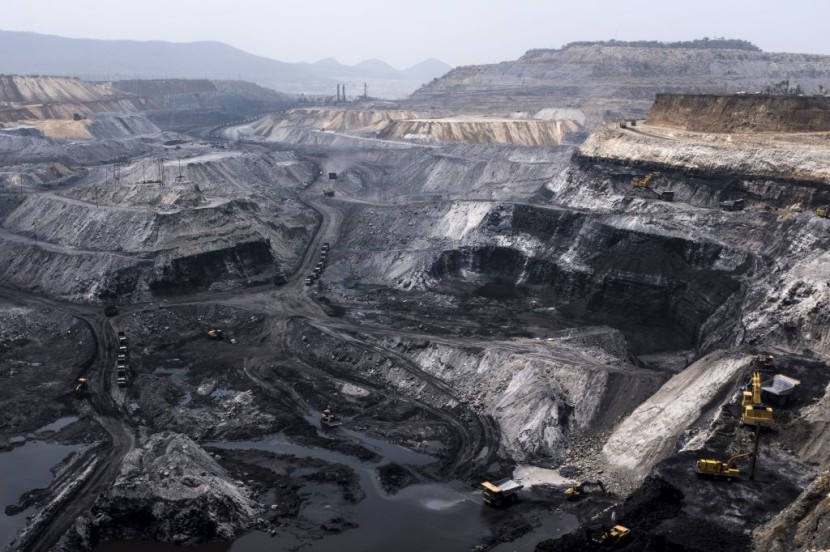
The global energy crisis has extended its reach to China and India, two nations that have been in a long-running standoff amid rising tensions of military forces on the border, as the two regions' coal supply dwindles.
Many of India's coal-fired power plants have reported critically low levels of inventory and supply of coal. The situation comes amid the country's economy starting to return to normal since being severely affected by the coronavirus pandemic. The incident comes as the region continues to record a rising demand for electricity.
Growing Global Energy Crisis
India gets the majority of its electricity, roughly 70%, from coal-powered power plants. In the event of a possible power crisis, India's economic recovery would be severely impacted. Currently, the slow return to normal is being led by industrial activity instead of services, India economist at Societe Generale, Kunal Kundu, said.
It was revealed in government data that 80% of the country's 135 coal-powered plants had less than eight days worth of supplies left as of Oct. 6. The numbers showed more than half had stocks worth two days or fewer, CNBC reported.
The statistics showed a sharp contrast from the last four years where the average coal inventory recorded at power plants was around 18 days worth of supply, said Hetal Gandhi, the director of research at rating firm CRISIL.
On the other hand, China is trying to reassure its people that the current surge of price due to its major coal mining hubs struggling with heavy rainfall and flooding will not last. The situation could potentially compound efforts to address the country's power shortages.
Worldwide, many nations are recording massive energy shortages as their economies continue to recover from the coronavirus pandemic. The supply for these demands is unable to keep up due to the lack of services.
China's power shortages are primarily the result of its post-pandemic construction growth and its national push to reduce carbon emissions. The efforts have forced hundreds of coal mines to shut down or cut down operational hours earlier this year, CNN reported.
Reasons for Energy Shortage
Additionally, restrictions on coal from Australia, which is a key supplier for China, and the catastrophic weather across the region, have worsened the issue. This week saw the prominence of the latter as heavy rains battered Shanxi and Shaanxi provinces, which are two key mining hubs that contribute to nearly half of the country's total coal output.
Other nations, including Tokyo and London, have reported experiencing supply shortages in power and manufacturing components. The situation has added to a deepening disquiet in global markets and underscores efforts in reducing the world's dependence on fossil fuel amid calls to address climate change and its growing threat.
Short-dated U.S. Treasury yields have seen a peak in the last 18 months due to a sell-off in global stocks and bonds that extended into Tuesday. For the third straight day, global stocks have fallen in price on fears that they would put a damper on economic growth worldwide, amid concerns of various experts, Reuters reported.
Related Article:
WHO Chief Criticizes Use of Vaccine Boosters in More Regions, Saying It's 'Immoral', 'Unfair'








